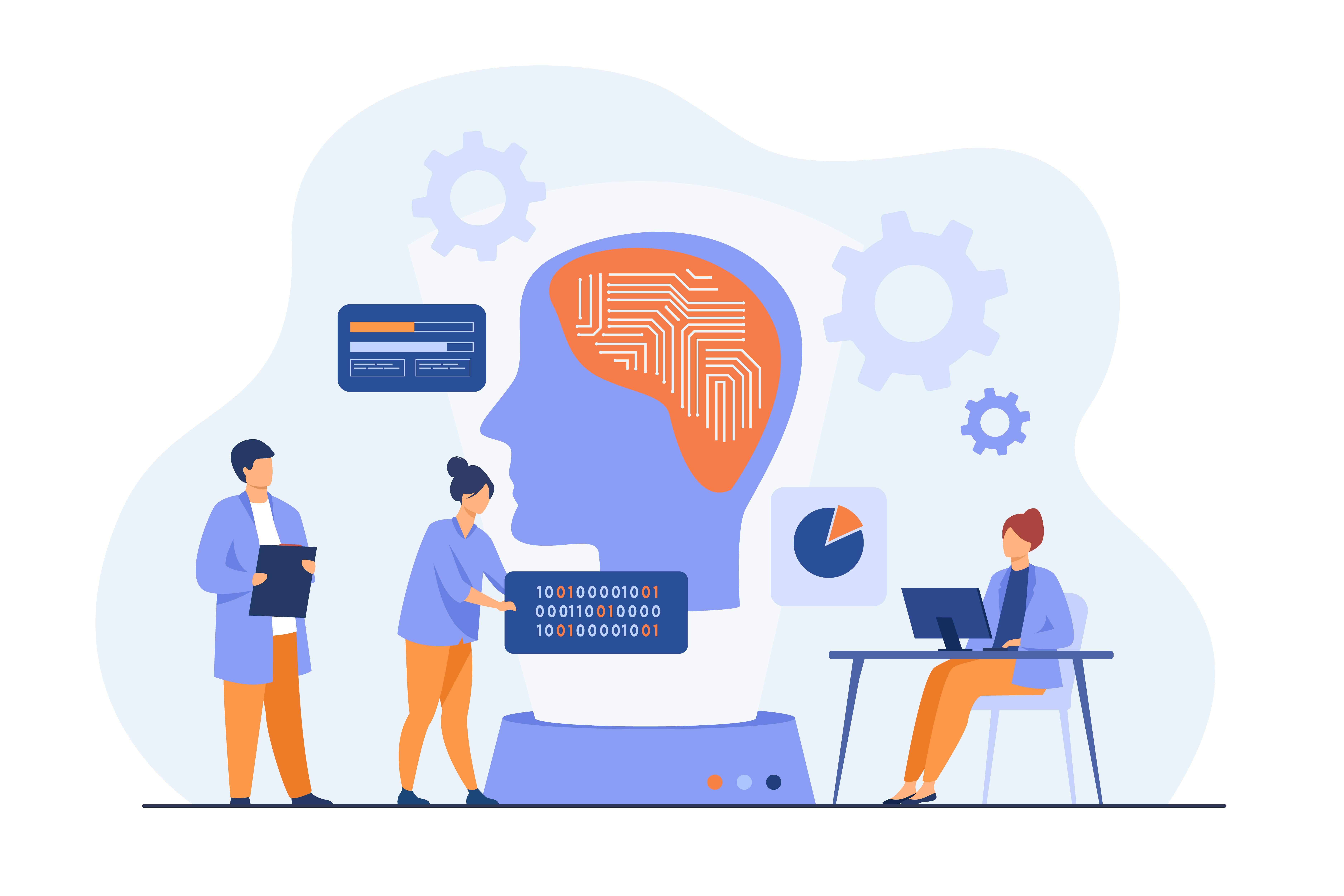Machine learning is becoming an increasingly important tool in the retail industry.
With the growing competition and the need for retailers to provide a personalized customer experience, AI in retail is quickly gaining popularity.
Machine learning in retail enables retailers to understand their customer's behavior, preferences, and purchasing patterns, and use that data to enhance the customer experience.
In this article, we will explore what machine learning in retail is, the benefits of machine learning in retail, use cases of machine learning in retail, and how to choose the right machine learning company for ML model in retail.
What is Machine Learning in Retail?
Machine learning in retail refers to the use of algorithms that can learn from data and make predictions or decisions without being explicitly programmed.
These algorithms can analyze large amounts of data to identify patterns and insights, and use that information to make decisions that can improve the customer experience.
For example, machine learning can help retailers to identify customer segments, predict customer churn, optimize prices, and personalize recommendations.
Benefits of Machine Learning in Retail
Machine learning for retail can offer several benefits to retailers.
Some of the benefits of machine learning in retail include:
Personalized Product Recommendations
Machine learning algorithms can analyze customer data, including their past purchases, browsing history, and search queries, to provide personalized product recommendations.
These recommendations can increase customer engagement and loyalty and ultimately lead to more sales.
Price Optimization
Machine learning can help retailers optimize their pricing strategies by analyzing historical data, competitor pricing, and demand.
By setting optimal prices, retailers can increase their profit margins and stay competitive in a crowded market.
Inventory Management
Machine learning algorithms can help retailers optimize their inventory by predicting demand and reducing waste.
By accurately forecasting demand, retailers can stock the right products at the right time and avoid stockouts.
Fraud Detection
Machine learning algorithms can help retailers detect fraudulent activity, such as stolen credit card information or identity theft.
By identifying fraudulent transactions, retailers can prevent financial loss and protect their customers' data.
Customer Segmentation
Machine learning algorithms can segment customers based on their preferences, behaviors, and demographics.
By identifying customer segments, retailers can provide targeted marketing campaigns and personalized promotions.
Supply Chain Optimization
Machine learning can help retailers optimize their supply chain by predicting demand and identifying potential bottlenecks.
By optimizing their supply chain, retailers can reduce costs and improve their overall efficiency.
Predictive Maintenance
Machine learning algorithms predict when equipment, such as refrigeration units or conveyor belts, are likely to fail.
By predicting equipment failures, retailers can perform maintenance before a breakdown occurs, reducing downtime and increasing productivity.
Forecasting Sales
Machine learning algorithms can forecast sales by analyzing historical data, seasonal trends, and other factors that may impact sales.
By accurately forecasting sales, retailers can make informed decisions about inventory, staffing, and marketing.
How to Choose the Right Machine Learning Company for ML Model in Retail?
Choosing the right machine learning company for ML model in retail can be a daunting task.
Here are some factors to consider when choosing a machine learning company for ML model in retail:
- Expertise: Look for a company that has expertise in machine learning for retail and has experience in implementing ML solutions in the retail industry.
- Customization: Look for a company that can customize machine learning solutions to meet your specific business needs.
- Scalability: Look for a company that can provide scalable machine learning solutions that can grow with your business.
- Data security: Look for a company that has robust data security protocols in place to protect your customer data.
Conclusion
Machine learning is rapidly transforming the retail industry.
With the ability to personalize recommendations, optimize pricing, and enhance the customer experience, machine learning is becoming a critical tool for retailers to stay competitive.
By understanding the benefits of machine learning in retail, the use cases of machine learning in retail, and how to choose the right machine learning company for ML model in retail, retailers can leverage the power of AI in retail to provide a superior customer experience and drive business growth.





